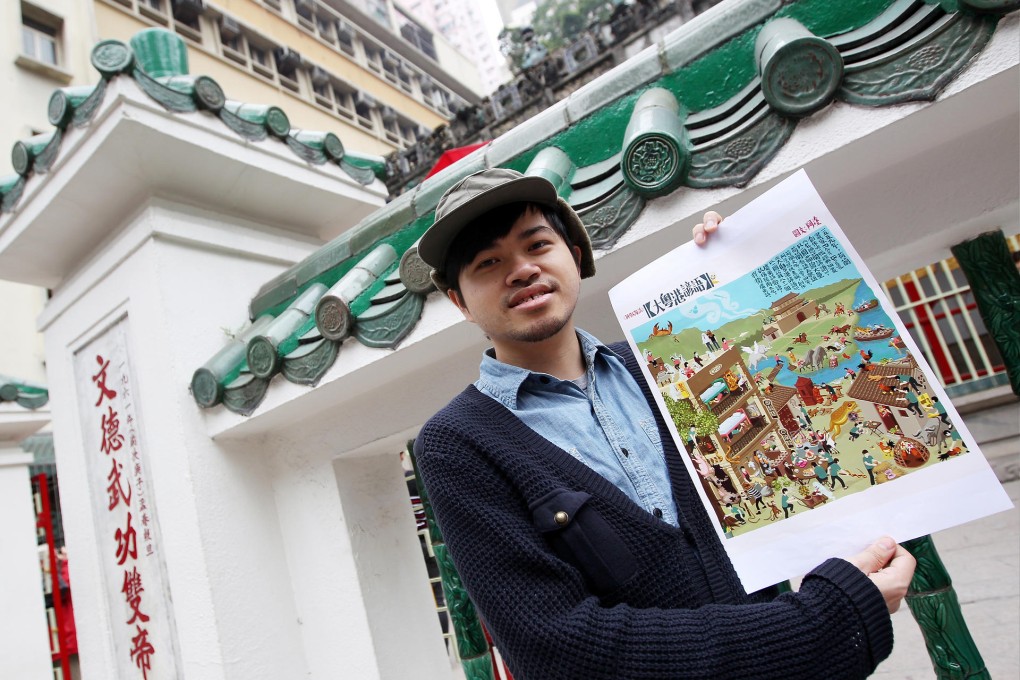Speaking up for Cantonese, a tongue in peril
The fact the language of everyday life needs to be included in a list of 'intangible cultural heritage' is cause for concern to its advocates

Mother-of-two Sharon Ho faces a parenting dilemma. She is striving to create a bilingual environment for her children to maintain both her cultural heritage as a Chinese Hongkonger and the culture and language of her British husband. But she says Hong Kong's schools aren't helping.

"I feel that in 10 or 20 years' time, Cantonese will be gone," says Ho, 34. "With PMI [Putonghua as medium of instruction], a lot of mothers think that schools are the culprits in eradicating our Cantonese culture and Hong Kong identity. This is so wrong."
Watch: Falling in love with...Cantonese
About 70 per cent of the city's 569 local primary schools and 40 per cent of its 514 secondary schools use Putonghua for Chinese-language lessons, concern groups say. The Education Bureau does not keep such statistics, but stepped into controversy earlier this year when it was forced to withdraw an article on its website saying that Cantonese was "a Chinese dialect that is not an official language".